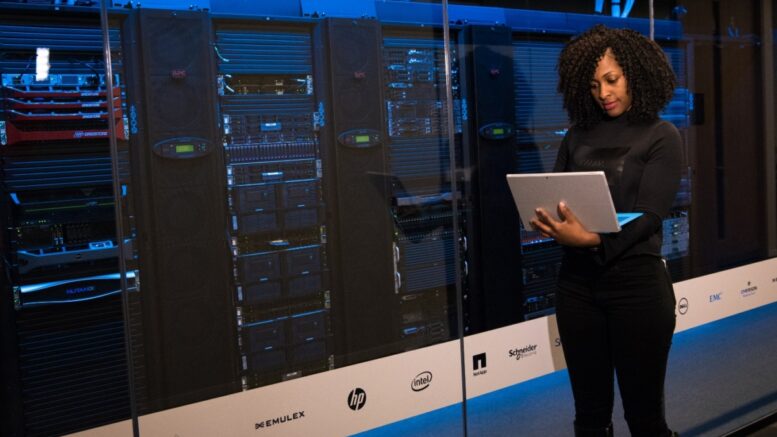China’s leading artificial intelligence content platform, The Yuan, is calling for big data to create a completely open medical data system accessible to healthcare providers, researchers, etc. all over the world. To encourage the idea, they opened a public discussion on their website on June 23 (2022). The online discussion was set to run for twelve consecutive days.
Known as Open Data 2022, the proposed initiative ostensibly has altruistic goals behind it. The Yuan wants to create its open database for the purposes of compiling and sharing medical data in hopes of improving human health worldwide. But such lofty goals need a bit more scrutiny.
Open vs. Closed Data Systems
The Yuan’s proposal is one of building a global medical database accessible by anyone from anywhere. In theory, such a system would level the playing field between wealthy and poor countries as they seek to improve health outcomes. An open system would force countries with more advanced healthcare to freely share data with those still lagging behind.
Meanwhile, a closed data system prevents this sort of thing. But it also does something else that is equally important: it reduces the chances of sensitive data ending up in the wrong hands. For example, view this doctors emails list and look at how easy is to access this information. Therein lies the big problem with the open data concept.

iMedical Data is a tech company whose main product is healthcare professional databases. Its physician database contains contact and professional information on thousands of physicians around the country. All their information is gleaned voluntarily. In other words, participating physicians make the decision to enter their information; the information is not taken from them without their consent. This is one of the characteristics of a closed system.
An open system harvests data with few controls. It also shares that data openly and freely. By contrast, iMedical’s datasets must be purchased. They are not published online for anyone to access freely.
Concerns Over Data Types
Whenever someone starts talking about combining and distributing data, the rest of us need to ask exactly what type of data is being considered. If The Yuan is only interested in generic medical data relating to scientific research, treatment outcomes, etc., creating an open system might not necessarily be a bad idea. But once identifying patient information becomes part of the data set, a line has been crossed.
The Yuan has not come out and said it wants access to sensitive patient information. But the unfortunate truth of the matter is that, once projects like this get started, they quickly become bloated. It is not unreasonable to assume that an open database originally intended to distribute only generic, unidentifiable data could quickly become an online marketplace for the most sensitive personal data around.
The Importance of Secure Healthcare Data Management
As the debate over open medical data systems gains traction, it is crucial to underscore the significance of secure healthcare data management. In this context, platforms like BuyDoctorList play a pivotal role by providing curated and protected databases, such as the Doctor Email list in the USA. Ensuring the confidentiality of sensitive information is paramount, especially in the healthcare sector, where patient privacy is of utmost concern. BuyDoctorList’s commitment to delivering accurate and up-to-date information to healthcare professionals fosters a sense of trust, allowing for responsible and ethical use of data. While the push for open medical data systems continues, it is imperative to strike a balance between accessibility and security to uphold the integrity of healthcare information globally.
A Bad Idea to Be Abandoned
This writer is very skeptical about global efforts to do anything. The more globalization is pushed, the greater the potential to create a system that enables the entire world to be run by an elite few. A global open medical data system only increases that potential.
Creating an open medical data system with global access is a bad idea that should be abandoned. It is simply not wise to continue this march toward global openness in hopes that it will help us create the utopia we have always longed for. Reality dictates that utopia is impossible. Any attempts to reach it through globalization will only lead to greater misery.
Data is a good thing, and it can be used to accomplish a lot. But it should remain private and limited. Otherwise, data becomes a tool that the powerful can use to subdue the weak.
